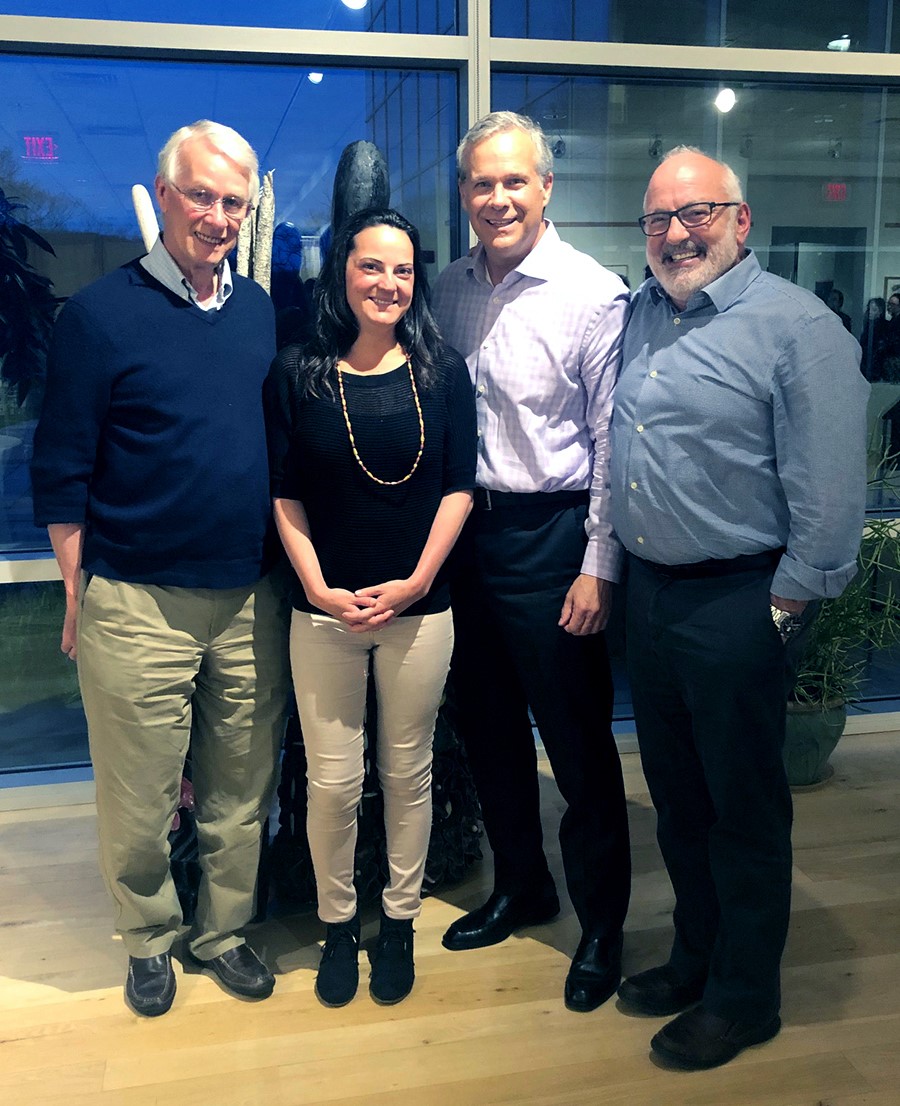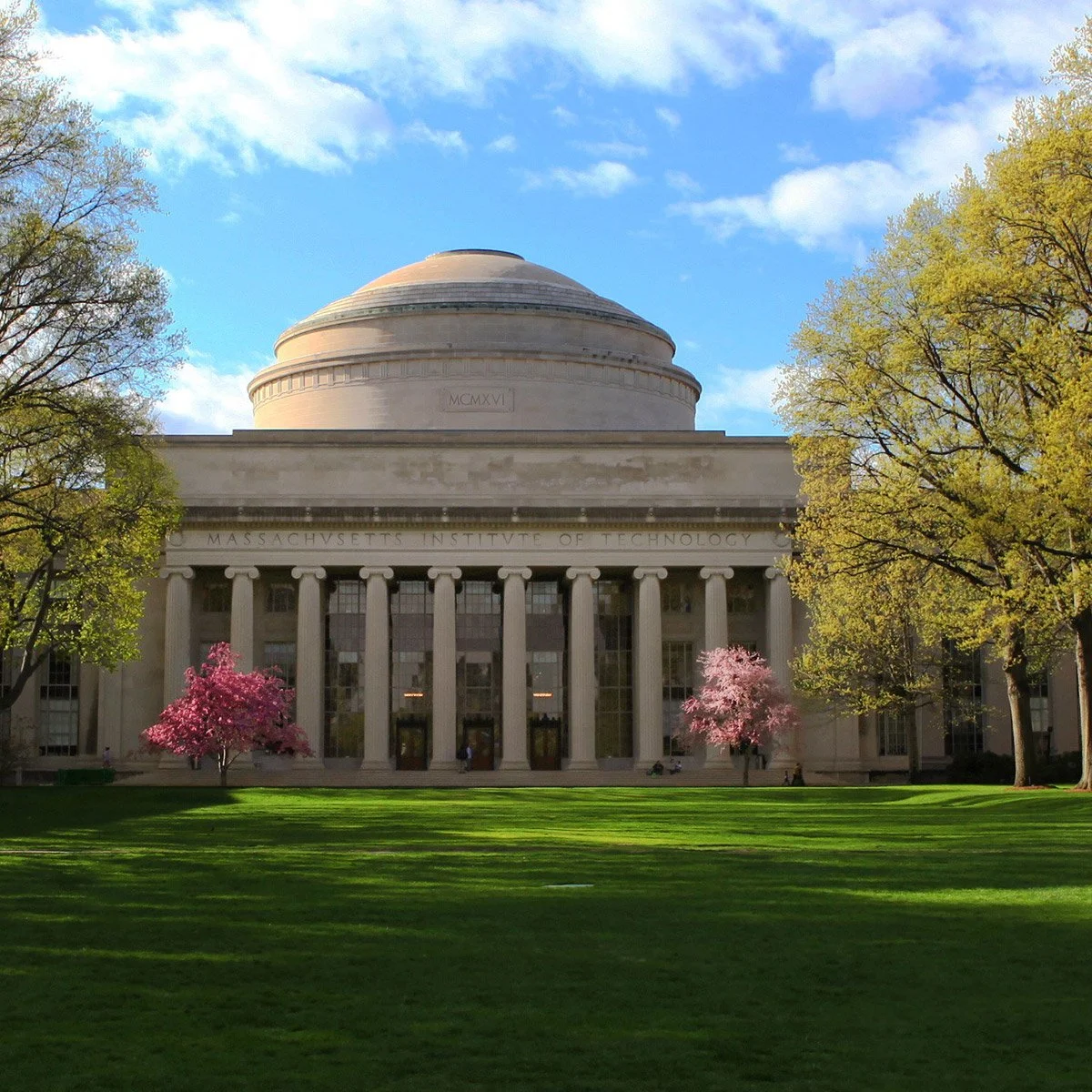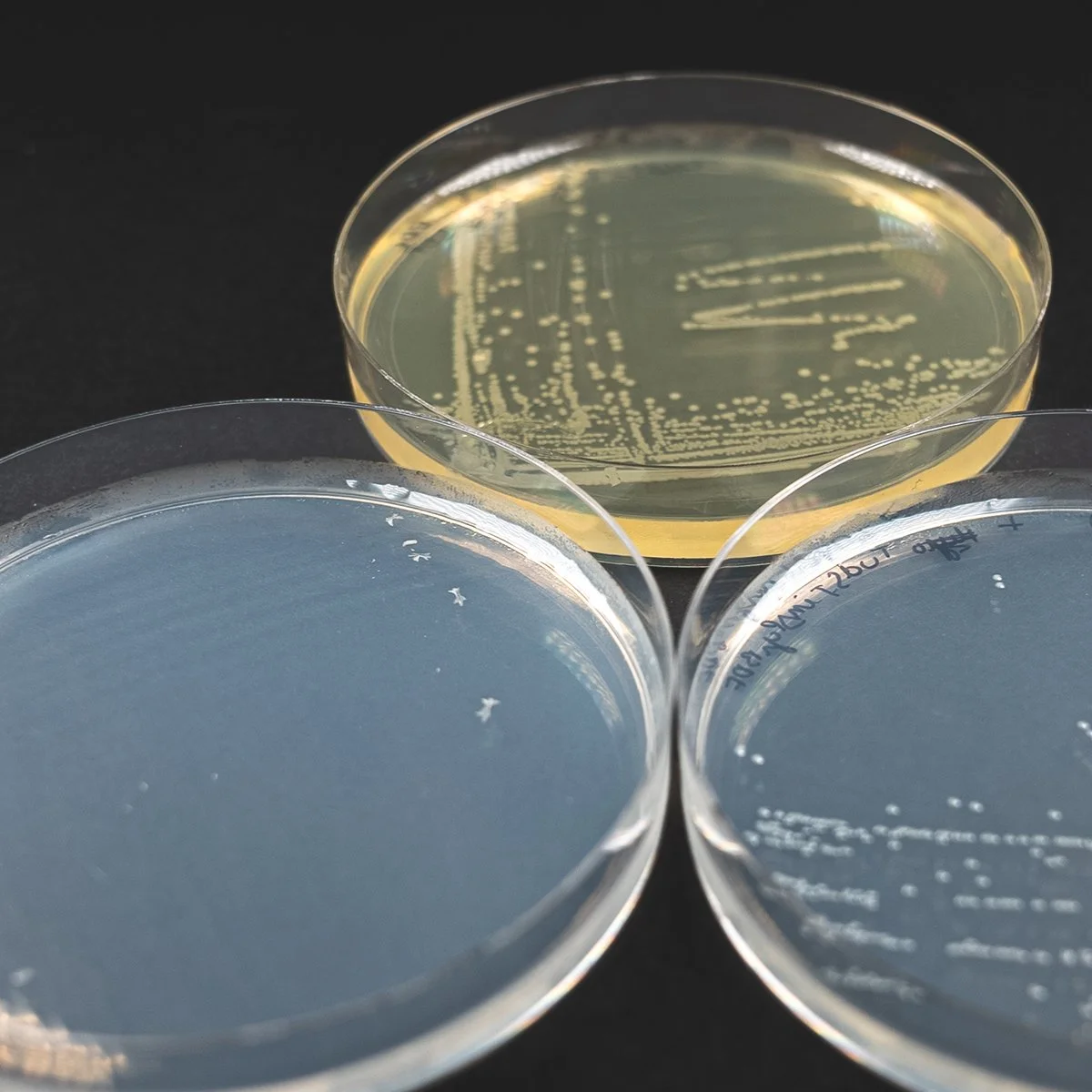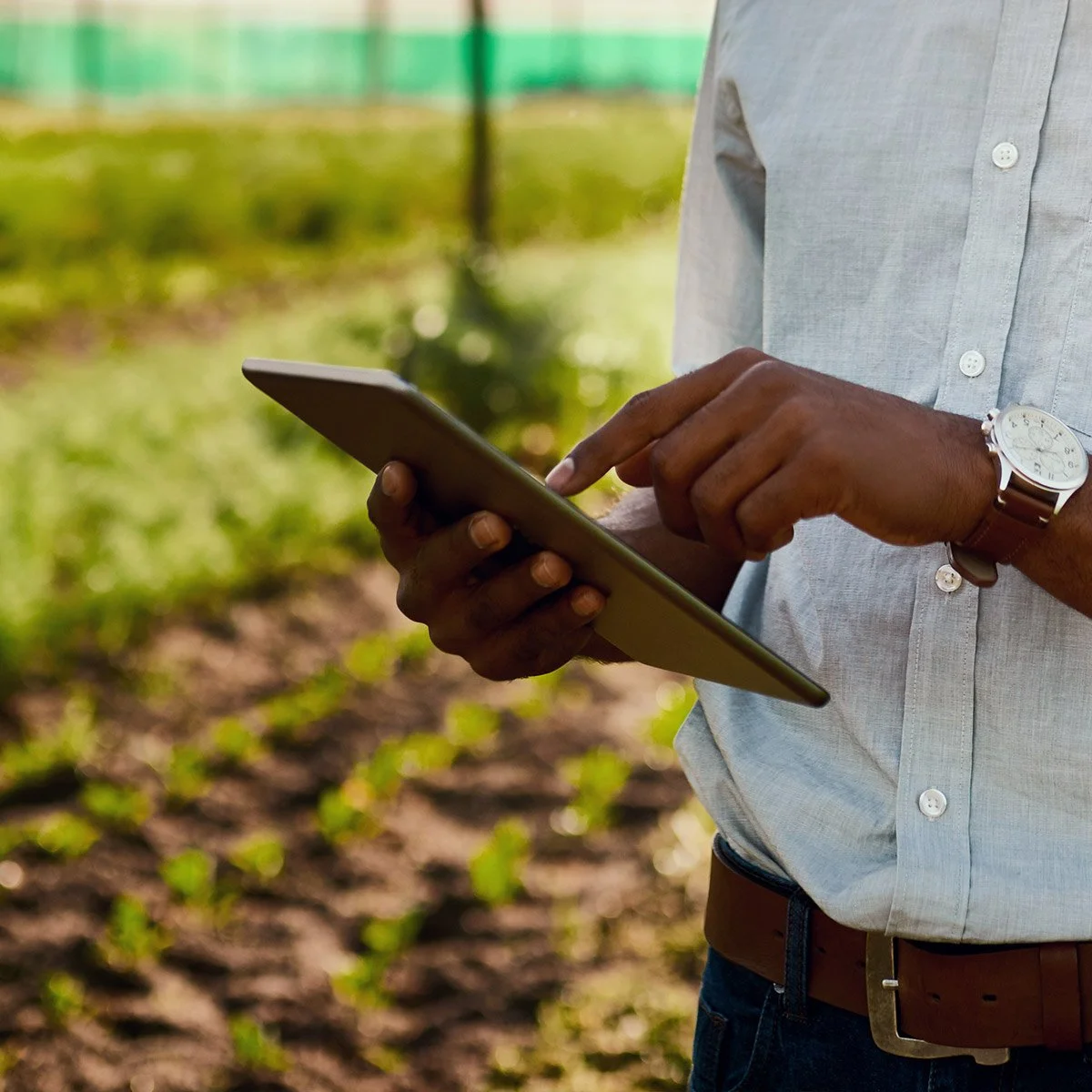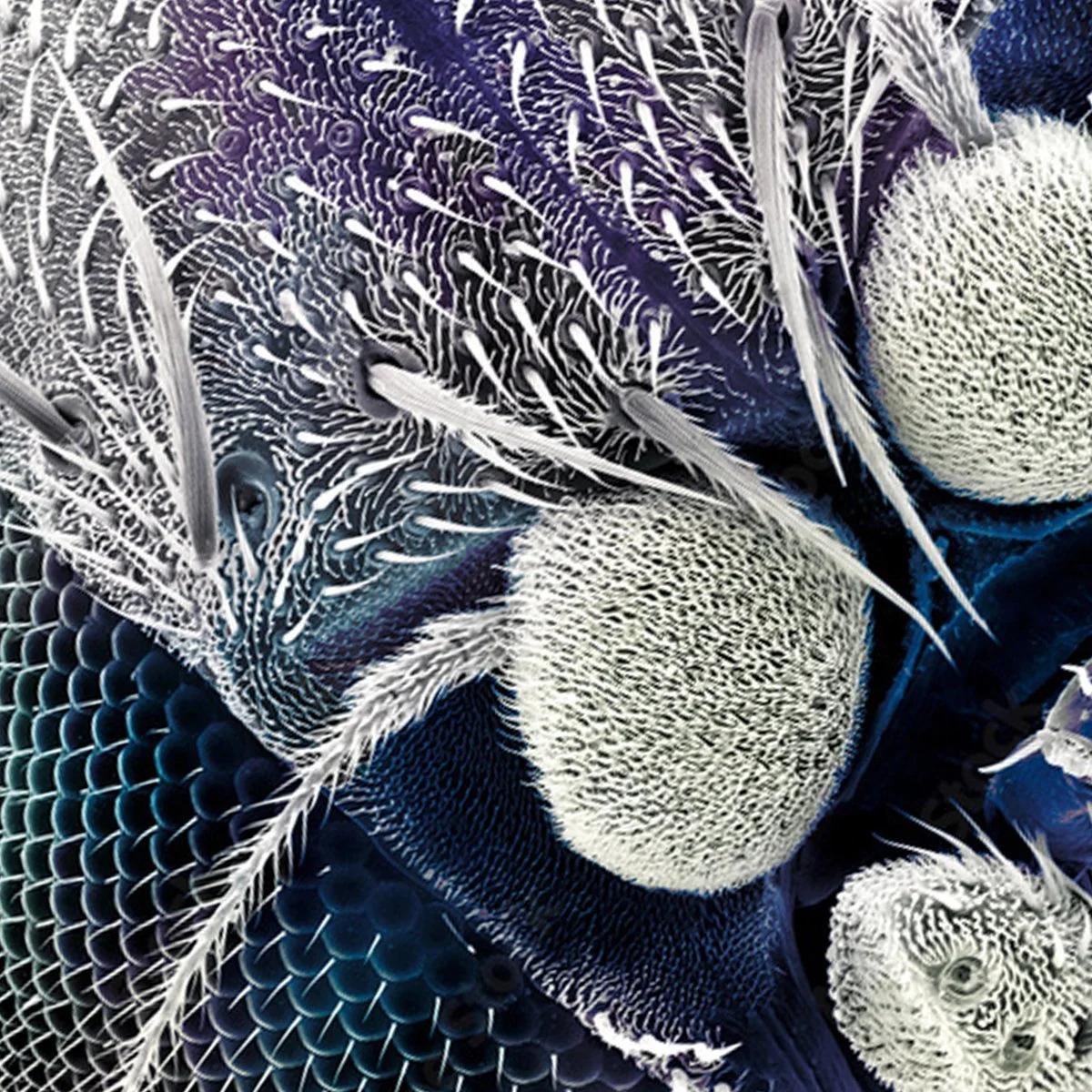The Campus Refill Initiative wins its founder an Environmental Stewardship Award from New England Biolabs
As Samantha Romanick spoke to the packed amphitheater about “waste free living” tactics, she politely paused to allow the scientists, with their cell phones held up mid-air, to take pictures of the information on her slides. Samantha had had practice orientating people on resources. In addition to working towards a PhD in molecular biology, she taught high school science every summer at the University of Nevada Reno’s Upward Bound Summer Academy program - as well as mentored undergraduates, under the direction of Dr. Brad Ferguson, at his UNR cardiac disease research lab.
Samatha’s “waste free living” message had struck a cord with the scientists at New England Biolabs. Plastic pollution is a big problem. Our personal lifestyle consumption is adding to this problem. Recycling isn’t solving this problem. We need to learn how to reduce waste by switching to reusable items. Samantha had put this awareness into action. She had generated the Campus Refill Initiative to help UNR students reduce waste. This work had earned her a Passion in Science Award from NEB for environmental stewardship.
Daphnia Magna are small fresh water crustaceans that feed on algae and are at the bottom of the marine food chain. Here these crustaceans ate green stained microplastic beads within an hour after introducing them into their aquatic environment. This data demonstrates what happens when microplastics are present in water ecosystems.More work on this is currently being conducted by Dr. Xuelian Bai, PhD at the Desert Research Institute in Las Vegas, NV. Image generated by C.M. Garcia-Pena, PhD. Postdoctoral fellow, Department of Biology, University of Nevada, Reno. Daphnia Magna samples were donated to Campus Refill Initiative by Dr. Xuelian Bai for educational purposes.
Interview with PhD student and founder Samantha Romanick
It was a treat to be able to interview Samantha. She made intelligent points on re-use. While she didn’t mention it herself, I want to point out here that the zero waste products shown below are also more economical than the single use items that they replace.
There is no such thing as a ZERO-WASTE lifestyle! It is not obtainable right now. However, you can adopt a LOW-WASTE lifestyle NOW! -Samantha Romanick
Why did you start the campus refill initiative?
I became interested in living a zero waste lifestyle myself after reading a popular book called Zero Waste Home. It was a new concept to me. It became obvious that living completely “waste free” wasn’t possible in current conditions, so I set my sights on re-use whenever possible. It’s more productive than recycling. It disturbed me that the majority of recycling collections were being land-filled because the items weren’t washed or sorted properly.
While it’s not my research focus in my lab work at UNR’s Department of Nutrition, I have seen the effects of microplastic pollution on organisms under the microscope. Microplastics are plastic fragments that are 5mm or smaller, produced by the breakdown of larger plastics by the sun that are present in our environment. More and more locations are identifying the presence of microplastics in both fresh and saltwater ecosystems.
When I looked for re-use service options in the Reno area, there were none. Making household re-use possible seemed like a good business idea so I started my parent company Black Rock Refill to target zero waste locally. I partnered with the the University of Nevada Wolf Shop to start up my daughter company, The Campus Refill Initiative. The goal is to reduce plastic waste by providing students with alternatives to single-use plastic household items. The university was a good place to start since college students are making their own lifestyle choices for the first time outside of their parents home. Hopefully they would carry low waste lifestyles forward.
How did you get people interested in refill?
Education and research is my passion! I’m a science major without any business background, so I’ve had to learn a lot about how to help people become interested in re-use. The Associate Director of the Wolf Shop, Cori Moe, was extremely helpful from day one. I talked with people in the campus environmental club, at the Reno Climate Fair and at UNR Earth Day. I tell people about all the different things that you can do to reduce your waste. Afterwards, I run a table to show the low waste products off. For impact analysis, I collected data via student surveys to see how many single use items are used on average and calculated the impact of re-use replacement items based on our sales at UNR.
How does the campus re-fill initiative work?
University and corporate campuses using our re-fill initiative will see their own environmental impact paired with donations to environmental causes. Black Rock Refill products are available on our web site, at the University of Nevada Wolf Shop online store, and in stock at both Wolf Shop locations. UNR students who order online can pick up either at the student union, or at the new location inside the Great Basin residence hall. Whether people buy the products in person, or online, 5% of sales are donated to a non-profit chosen by the campus. At UNR, it’s the students’ Environmental Club. I calculate the environmental impact report for each individual campus every semester, or quarterly. Hopefully the reports encourage people to re-use more!
It’s actually a lot of work to create a refill initiative from scratch. We encourage academic and corporate campuses to contact Blackrock Refill to partner with us. The software company Intuit has also brought the initiative to their corporate campus, prompted by their green team.
What has your experience been like with peers and mentors on this issue?
Everyone has been very positive and supportive about my efforts. For years, whenever I bring items, like reusable napkins, to grad student lunches, everyone says “You’re so good”! The problem is that modeling doesn’t usually work. People like what they see, but then often don’t end up starting re-use themselves. It makes me sad. It may be because it appears inconvenient. Slowly, I have seen some peers switch. Its kind of hard. I don’t want to force people to change. I just want to make re-usable items available so people can benefit.
What advice would you give to other scientists on how to achieve a low waste lifestyle?
As a scientist you might be wasting a lot of plastic in your lab, but in the long run, the impact of your personal lifestyle choices could be even bigger. Household waste is a vast impact. There isn’t a replacement for every single use item. But, don’t get caught up thinking that since I can’t fix everything, I’m not going to do the small the things. You don’t need to fix everything. Just make these little swaps in your every day life.
Honestly, you just have to start. Once you decide to start… once you practice for a couple weeks, to a month,… all of a sudden it’s your habit. Then all of a sudden it’s your lifestyle. The hardest thing to do is to start. Start with one thing at a time. Maybe just bring your utensils every day. Take baby steps with one item at a time. I would always forget to bring my re-usable items in the beginning. Talking to yourself. to remind yourself, works well. Take your time to set a goal and take your time to accomplish it. After that, set another goal. Once step at a time. It’s achievable when you break it down.
The second thing is to acknowledge what is in your trash. For most people, it’s food packaging and bathroom items. Once you know where most of your waste is coming from, you can target those big impact items. Black Rock Refill is an effort.to make better choices easily available. Please check out our online store and contact us with questions .

